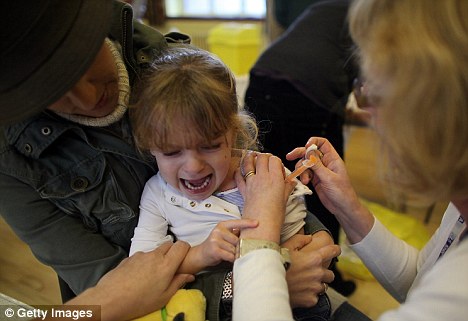Many children and adults have digestive problems that they are not even aware of. Colic, bloating, flatulence, diarrhea, constipation, feeding difficulties, trouble sleeping, and many other "chronic" but accepted maladies. When looking at a child with digestive problems, the majority of cases will have started at or around the time of weaning.All diseases begin in the gut - Hippocrates,460-370 BC
When the mother replaces breast milk with formula other food components get introduced that are not natural to a babies gut flora, like gluten, Enzymatically hydrolyzed reduced minerals, whey protein concentrate, palm olein, soy, coconut, high-oleic safflower oils, lactose etc...
Many adults don't remember much of their eating habits in the first years of life. Assuming they did not have a severe reaction to these new compounds which would have raised red flags for any parents, they could have had little noticed or missed responses to the food like a fussy sleeper, or a baby that vomits a lot. Many parents will tell you this is "normal for a baby", they will "grow out of it". While this is true for some, in more and more cases around the world people are realizing that it doesn't have to be this way. Unless there is an undiagnosed medical condition babies that are feed the way their guts were designed DO NOT HAVE THESE PROBLEMS!!









Comment: For additional information about how microbes in the gut can affect the brain read the following articles:
The Secret to Brain Health: It All Begins in Your Gut!
Link between gut bacteria and behavior: That anxiety may be in your gut, not in your head
'Knowing it in your gut' is real": The state of your immune system and your gut bacteria influences your personality
Mind-Gut Connection: Why Intestinal Bacteria May Have Important Effects on Your Brain
Brain, heart and gut minds
The best approach to balance gut flora is by dietary changes and nutritional supplements like probiotics. For more information, please visit our diet and health forum, in addition read the article Heal Your Gut.